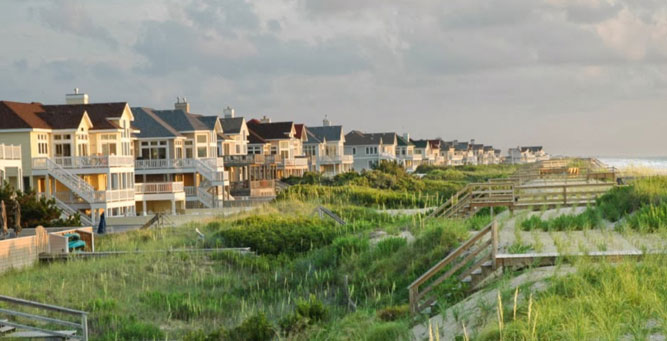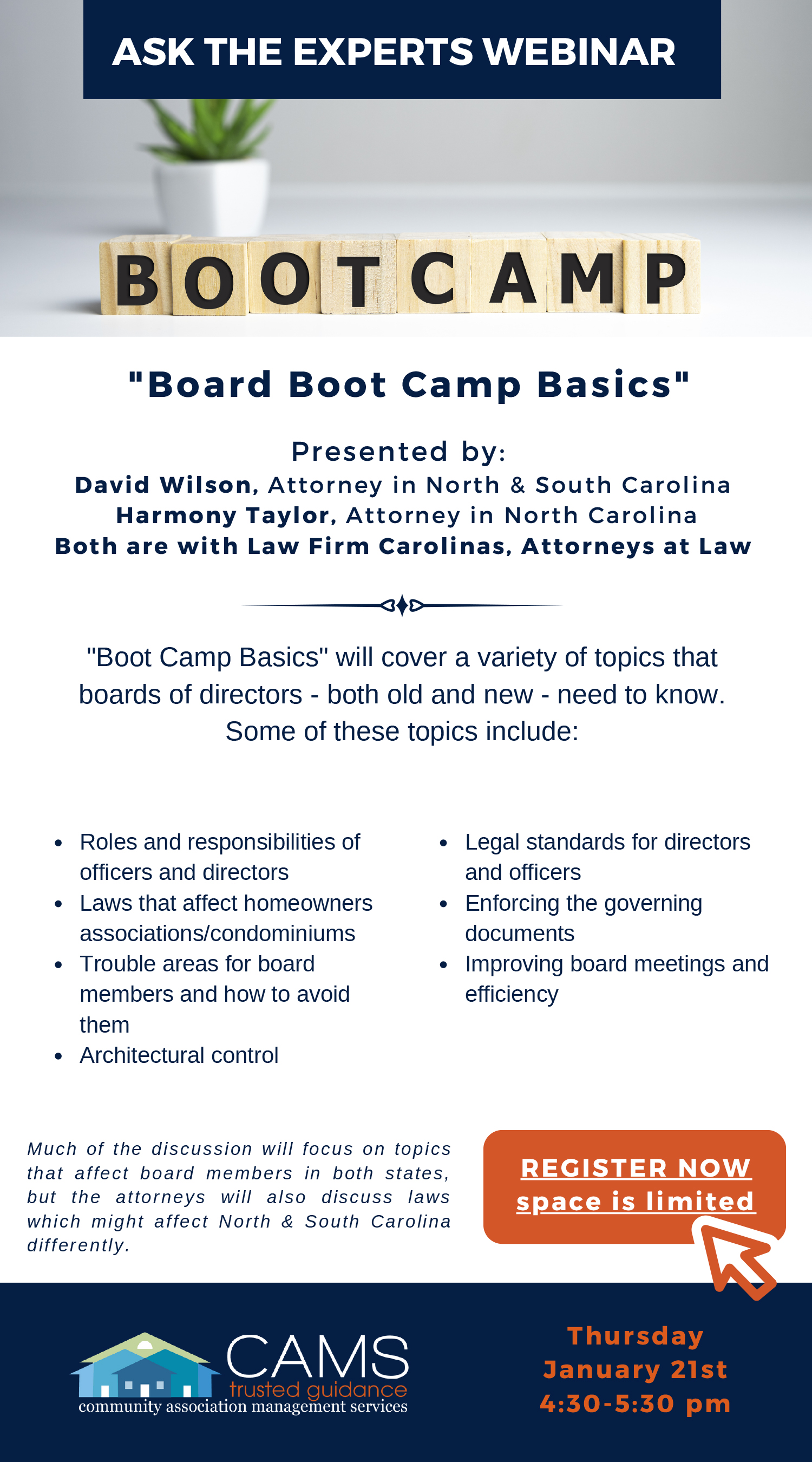It’s that time of year when board members and financial committee members convene to start the annual budget preparation for their property owners' associations. Setting a budget can be an intimidating, time-consuming ordeal. Our goal in this article is to offer some insight and a list of best practices that have facilitated our success.
Following a step-by-step process for budget preparations or hiring a professional management company can prevent many problems. If an association has a professional management company, the community manager typically prepares the first draft of the budget. In some cases, however, board members, finance committee members, or members of both groups work together to prepare the budget for the community manager to review and comment on.
For most property owner associations, the budget year runs with the calendar year. Before attempting to project expenses, it’s important to compile detailed information about the current and prior years’ operating expenses. This will ensure that an accurate analysis can be performed. In addition, governing documents need to be reviewed to determine the association's responsibilities. Contracts should also be reviewed to assess whether automatic increases are included or if they will need to be renegotiated during the upcoming year.
Involving the vendors who provide services to the association will make the budget preparations run more smoothly. Whether it’s a landscaper or pool cleaner, they will feel more accountable to hold expenses within the budget during the following year if they are involved.
An essential task is to ensure that reserve contributions are sufficient. A professional study is highly recommended to ensure that the association is reserving enough funds each year to meet expenses and prepare for the future.
Contacting utility companies to verify if any rate increases have occurred or if there are any on tap for the following year is an easy way to take some of the guesswork out of preparing a budget. Many of the costs required by governmental agencies for obtaining permits and inspections are easy to plan for since they are usually identified months before the beginning of a calendar year. These costs include routine inspections and permits for elevators, pools, and backflow prevention valves.
Budgeting for bad debts is often overlooked. Budgets are typically based on receiving payments from all the members; thus, if payments to an association are delinquent, there may not be sufficient cash to pay expenses. Allocating for bad debts will keep the budget balanced when delinquencies exist.
It is recommended that contingencies be included in the budget. Economic variables such as inflationary spikes can exert a profound influence. Insurance is often one of the largest expenses in a condominium or townhouse association that has a master insurance policy. The insurance agent should be consulted on expected rate changes as part of the budget process.
Once the budget has been drafted and adopted by the board of directors, it is submitted to the membership. The approval process may differ on a variety of factors.























